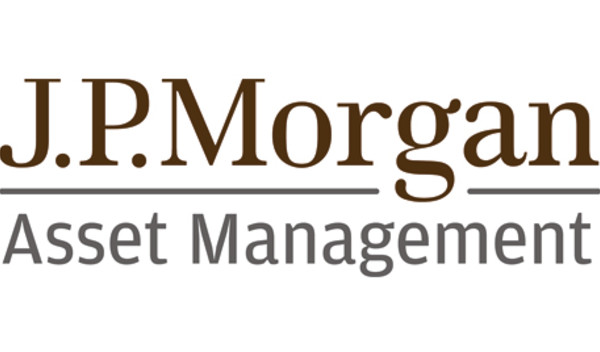

The UK leaving the European Union has the potential to make the UK grow at a materially slower pace than other developed markets over the next decade, according to John Bilton, head of multi-asset at JP Morgan.
Mr Bilton and his team have spent six months working on the firm’s 'Long Term Capital Market Assumptions' report.
The document aims to forecast economic outcomes for various asset classes over the next 10-15 years.
Mr Bilton said he believes the impacts of technological innovation will begin to be felt in a positive way over the period, driving up productivity and economic growth.
His forecast for the eurozone is for the economic bloc to grow at an average annualised rate of 1.5 per cent over the time period, with the US growing at 1.75 per cent, and the UK at 1.25 per cent.
Mr Bilton said the reason for his lower than average forecast for UK GDP growth in the period is that the uncertainty caused by the UK leaving the EU will hamper the level of business investment in the economy, and this will cancel out most of the gains from technology that other economies enjoy.
The fund manager said he expects investment returns to be lower in the coming decade than they have been in the years since the financial crisis as tighter monetary policy takes effect.
Mr Bilton said the policies of quantitative easing and exceptionally low interest rates have brought forward many of the investment returns that would normally be expected at to be coming through at this stage of the economic cycle, when global economic growth is picking up and inflation rising.
The policy of quantitative easing is predicated on an economic theory called the “wealth effect.” The idea is if asset prices rise by a pace faster than the economy is growing, people will feel wealthier and so feel more confident in their prospects, and spend or borrow more, generating economic growth.
But this brings forward much of the rise in asset prices that would be expected to happen as economies expand, leaving less room for asset price gains as the growth actually comes through.
Mr Bilton said while inflation is likely to rise, it, too will likely be below historic averages, keeping interest rates low. In such an environment, he said equities that perform like bonds, that is the largest, consumer companies, may well be a driver of returns.
In a world where economic growth is slower, he feels a greater value will be placed on the regular earnings streams of large consumer companies.
Nick Train, who runs the £4.5bn Lindsell Train UK Equity fund, has long held the view that the market is mis-pricing the regular earnings of such consumer companies. With that in mind, he has Unilever and Diageo as the two largest investments in his fund.
Mr Jane said the extreme monetary policy practiced in recent years has taken central banks and the global economy into uncharted waters.
He said central banks will therefore be very slow to raise interest rates to levels closer to long-term averages, and this will support global growth.
Brian Dennehy, who runs Dennehy Weller, an adviser firm in London, said he takes the view Brexit will in time be viewed as nothing more than a sideshow.
He is less optimistic on the outlook for stockmarkets, taking the view the current valuation of the US market is excessive, and that there will be a correction within the next five years, which will drive equity markets downwards.
Mr Bilton said the S&P 500 presently trades at a valuation of 18 times earnings, which is higher than the long-term average of 15.5 times, but “not in the bubble, irrational exuberance phase that we have seen in the past.”
David.Thorpe@ft.com



